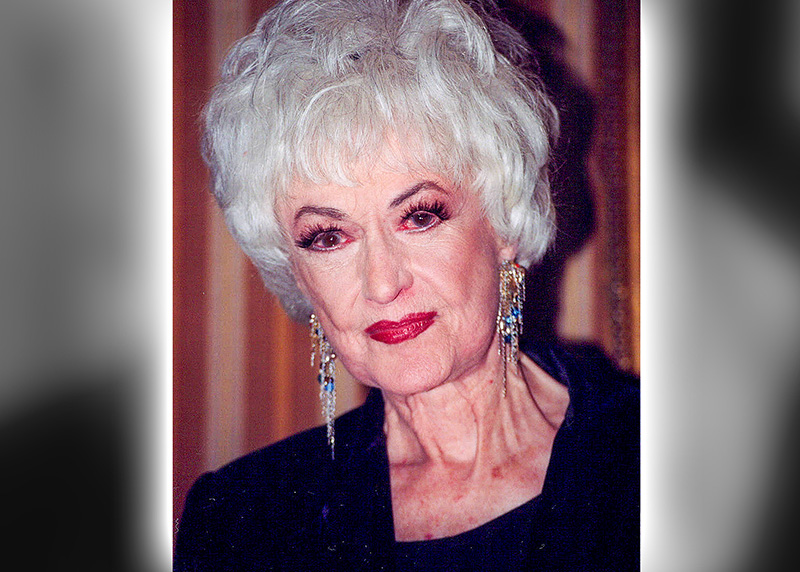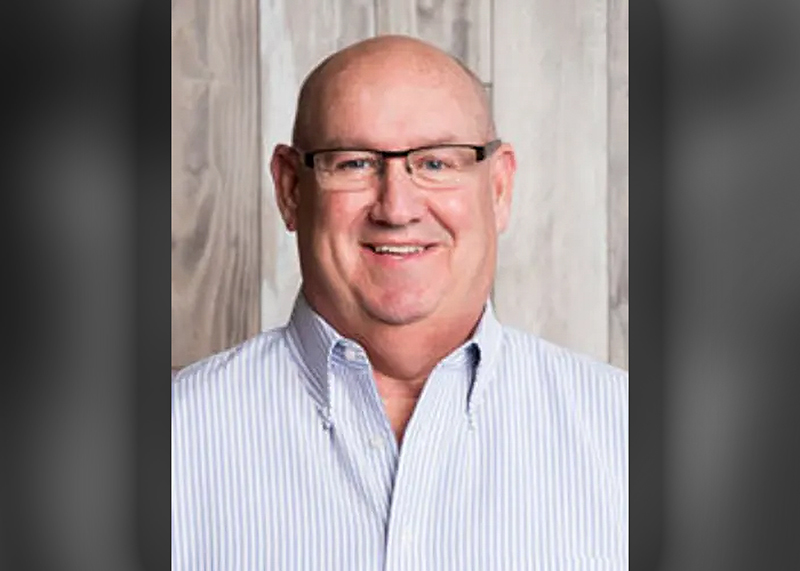Mormon Church opposes conversion therapy ban in Utah
Church claims rule infringes on parental rights and doesn't make enough accommodations for religious beliefs

The Mormon Church has come out against a ban on conversion therapy in Utah.
The Church of Jesus Christ of Latter-day Saints voiced its opposition to regulations that would bar licensed mental health professionals in Utah from subjecting minor clients to conversion therapy in an attempt to change their sexual orientation or gender identity.
The church waited until the last day of public comment on a proposed rule that would declare the use of conversion therapy a form of “unprofessional conduct.”
The change could put those therapists who engage in the practice at risk of having their license to practice suspended, restricted, or revoked. Regulators also have the option of putting an offender on probation or reprimanding them publicly.
The LDS Church said in a news release that the restriction on conversion therapy “fails to protect individual religious beliefs” — such as the idea that people are not born gay or that gender is fixed and binary, based on a person’s anatomy — “and does not account for important realities of gender identity in the development of children,” according to the Salt Lake Tribune.
“The church is concerned that the proposed professional licensing rule is ambiguous in key areas and overreaches in others,” the statement reads. “We therefore oppose the proposed rule in its current form and respectfully request that it be appropriately amended” to address the church’s concerns.
The news release also called for other Mormons to show “compassion and understanding” for LGBTQ-identifying or questioning individuals, and reiterated the church’s opposition to any “abusive” practices or treatments, while also outlining its objections to the rule.
“We teach the right of individuals to self-determination and the right of parents to guide the development of their children,” the statement reads. “We also believe faith-based perspectives have an important and ethically appropriate role in professional counseling.”
The proposed new rule was crafted by an advisory board to the state’s Division of Occupational and Professional Licensing, at the behest of Gov. Gary Herbert (R), who expressed concern after hearing about stories from survivors of the therapy about of the more disturbing and physically painful techniques to which they had been subjected.
Herbert wanted to ensure that any regulation was crafted by mental health experts who would base their recommendations on science and would not be swayed by political concerns.
“We’re going to turn this to the licensing people,” he said at the time. “They’ll use the best available science. They’ll have the opportunity to see what works, what doesn’t work. What should be done. What shouldn’t be done.”
Should the rule go into effect, the LDS Church asked that Utah lawmakers “provide statutory guidance” on the issue. The LDS Church exerts a significant amount of influence in Utah, where most state residents, and lawmakers, identify as Mormon.
As a result, the church’s on-the-record opposition raises the possibility that Mormon legislators could introduce legislation to repeal or amend the rule when the legislature next convenes.
Troy Williams, the executive director of Equality Utah, called the church’s statement “profoundly disappointing.”
“The proposed rule would do nothing more than protect LGBTQ children from conversion therapy — a life-threatening practice that has been condemned by all of the state’s and the nation’s medical and mental health authorities,” Williams said. “Studies have found that more than 60% of children subjected to conversion therapy attempt suicide. Suicide is the leading cause of death among Utah’s children, and LGBTQ youth are especially vulnerable. It’s long past time to protect our state’s youth by prohibiting this dangerous practice.”

Gayle Ruzicka, the president of the conservative Eagle Forum of Utah, praised the church’s stance.
“We have opposed the ban on conversion therapy since it was introduced in the House,” she told the Tribune. “This is the licensing board going around the Legislature behind its back and taking away therapists’ rights. Parents have a right to take their minor children to a therapist and get real honest therapy from that therapist, not muffled conversation only affirming the child’s concerns.”
Earlier this year, LGBTQ advocates and allies attempted to pass a law banning the therapy outright, even crafting a bill that the LDS Church said it would not oppose.
But that bill was sidelined after two Republican lawmakers on one committee removed protections for transgender and gender-nonconforming youth and added provisions that would only ban physically harmful forms of conversion therapy.
LGBTQ advocates balked at the revisions to the bill, noting that so-called “talk therapy” intened to change a person’s sexual orientation or gender identity can be just as emotionally devastating as techniques like aversion therapy or electroshock therapy.
For instance, evidence shows that those subjected to conversion therapy are at higher risk of experiencing depression, low self-esteem, and suicidal ideation.
Given the LGBTQ community’s steadfast opposition to the amended bill, the Republican House sponsor withdrew his support, killing the measure for the rest of the legislative session and prompting Herbert to refer the matter to the licensing board.
Anna Lehnardt, a spokeswoman for Herbert, declined to offer a statement in reaction to the church’s statement, but thanked all those who had weighed in during the public comment period.
“Public comment is extremely important,” Lehnardt said. “Utah’s Department of Commerce will weigh the evidence and comments and make determinations regarding the rule based on best available information and science.”
Read more:
LGBTQ issues absent from presidential debate, while fellow Democrats take shots at Elizabeth Warren
New Orleans principal refuses free Chick-fil-A to support LGBTQ staff and students
Lesbian officer settles discrimination lawsuit against Michigan Department of Corrections
Support Metro Weekly’s Journalism
These are challenging times for news organizations. And yet it’s crucial we stay active and provide vital resources and information to both our local readers and the world. So won’t you please take a moment and consider supporting Metro Weekly with a membership? For as little as $5 a month, you can help ensure Metro Weekly magazine and MetroWeekly.com remain free, viable resources as we provide the best, most diverse, culturally-resonant LGBTQ coverage in both the D.C. region and around the world. Memberships come with exclusive perks and discounts, your own personal digital delivery of each week’s magazine (and an archive), access to our Member's Lounge when it launches this fall, and exclusive members-only items like Metro Weekly Membership Mugs and Tote Bags! Check out all our membership levels here and please join us today!

























You must be logged in to post a comment.